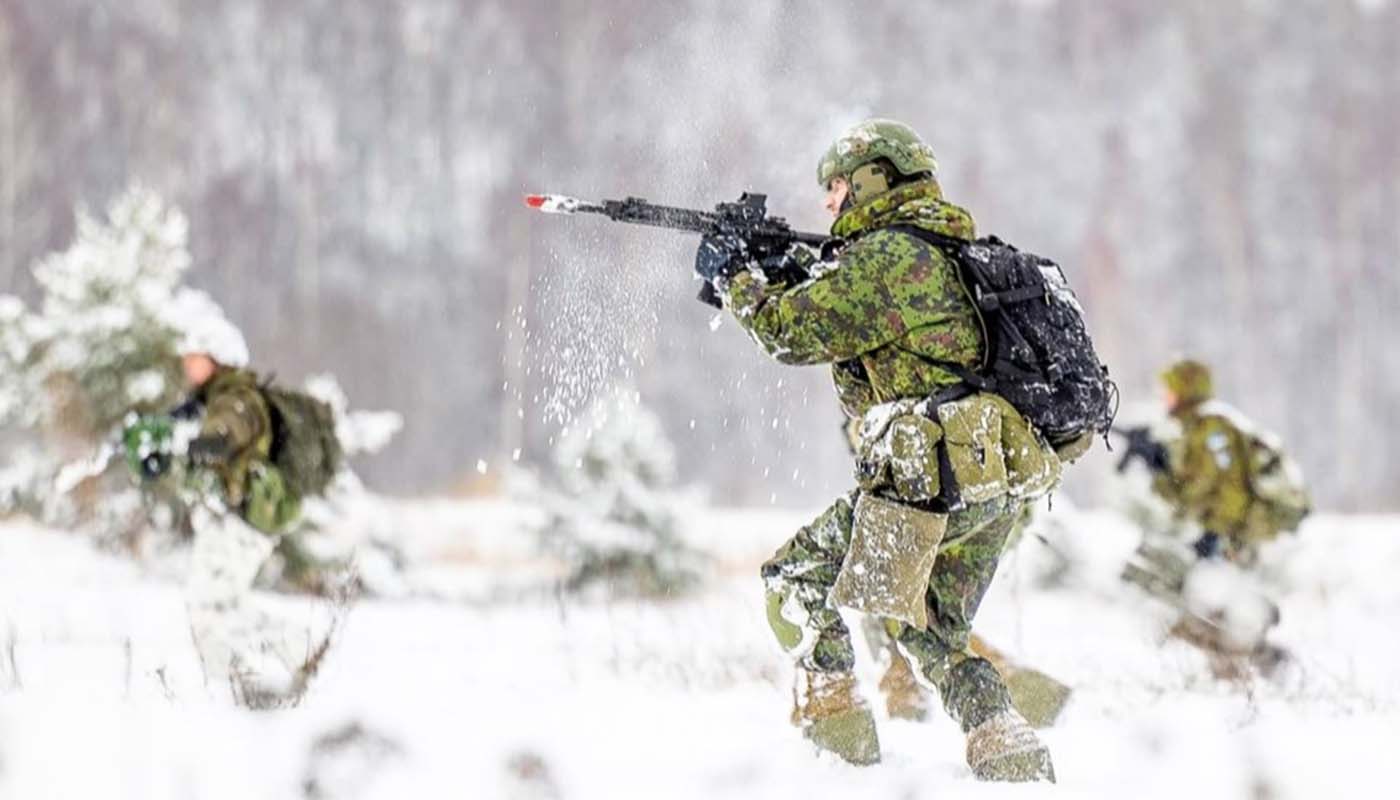This February, Norway will host the largest-scale training of NATO countries, extensive joint military exercises addressing a simulated Russian assault on an Alliance member state. Western military sources express concerns about potential Russian aggression in the near future. The ongoing discussions could have been preempted if the West had promptly assisted Ukraine by timely supplying essential equipment and weapons to its Armed Forces. Valentyn Badrak, Director of the Army, Conversion, and Disarmament Research Center, underscores the significance of these maneuvers for Ukraine on Apostrof TV.
Russia currently lacks the capability to launch an attack on NATO. However, the ongoing geopolitical tensions have led to a global destabilization, evident in the escalation of conflicts in various regions, such as heightened hostilities in Israel, mutual shelling between Iran and Pakistan, and tense situations between North and South Korea. Additionally, there is potential for increased tension concerning Taiwan and the Philippines, contributing to an overall precarious international environment.
In 2022, the British warned of the potential for war in Europe, initially seen as London's foresight in identifying strategic risks. However, military discourse has increasingly emphasized the likelihood of conflict. NATO Admiral Rob Bauer now acknowledges the possibility of war with Russia within the next two decades. This underscores the commencement of extensive NATO force training, serving not only as preparation for potential conflict but also as a psychological acknowledgment of an unseen barrier between Russia and the Western world, with Ukraine at the heart of this civilizational divide.
Furthermore, the military is now pushing for support from politicians who are notably slow in their decision-making. Figures like Macron and Scholz, known for their procrastination, are facing pressure to make crucial decisions.
NATO's heightened military activity is linked to Russia's pivotal moment in May-June 2023. The fall of 2022 saw a missed opportunity for a robust U.S. endorsement of Zaluzhnyi's proposal for a powerful strike on Russia. This window, a palliative phase, marked a time when Russia struggled to recover from the blows inflicted by the Armed Forces in 2022, teetering on the brink of defeat. However, that phase has now passed.
The military now recognizes a strategic error in the West's delayed support for Ukraine, particularly in miscalculations regarding the counterattack. There was a misguided expectation for Ukrainians to use outdated Western weapons from the 70s and 80s to pave the way to the sea with the bodies of their soldiers, a plan wisely rejected by the military command. However, Western forces are now acknowledging the encroachment of Putin's plague, prompting increased readiness and training exercises.
There are certain chances for Ukraine as well. We see some prospects with increased support from France. Having provided very limited support to Ukraine previously, no it is offering cruise missiles, aerial bombs, and more equipment. However, these enhancements are unfolding gradually. Urgently ramping up high-precision strikes on Russian targets, both in occupied territories and Russia itself, is crucial. Acquiring several hundred cruise missiles, along with American ATACMS, could enable the isolation of Crimea. Without isolating Crimea and neutralizing enemy groups on the peninsula, any discussion of ground operations remains impractical given the resources, capabilities, and strategy of the Ukrainian army.


